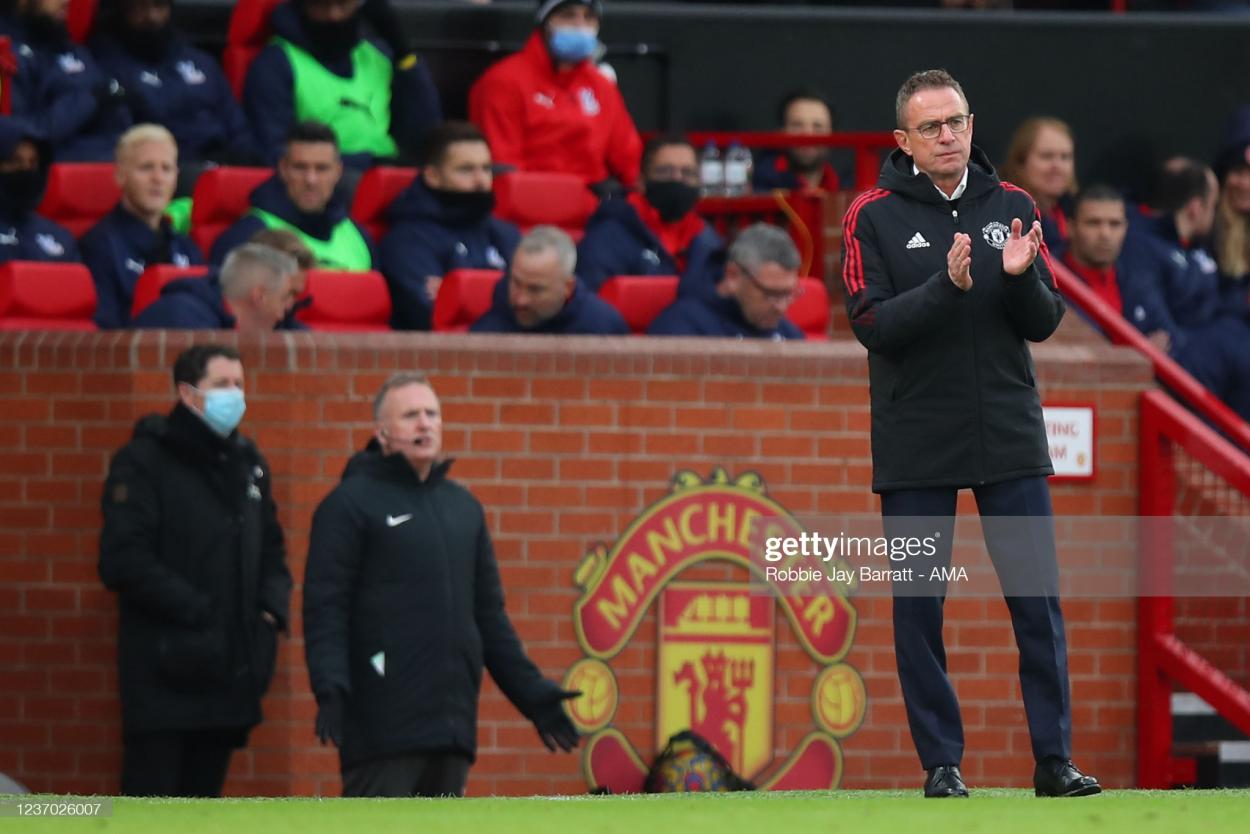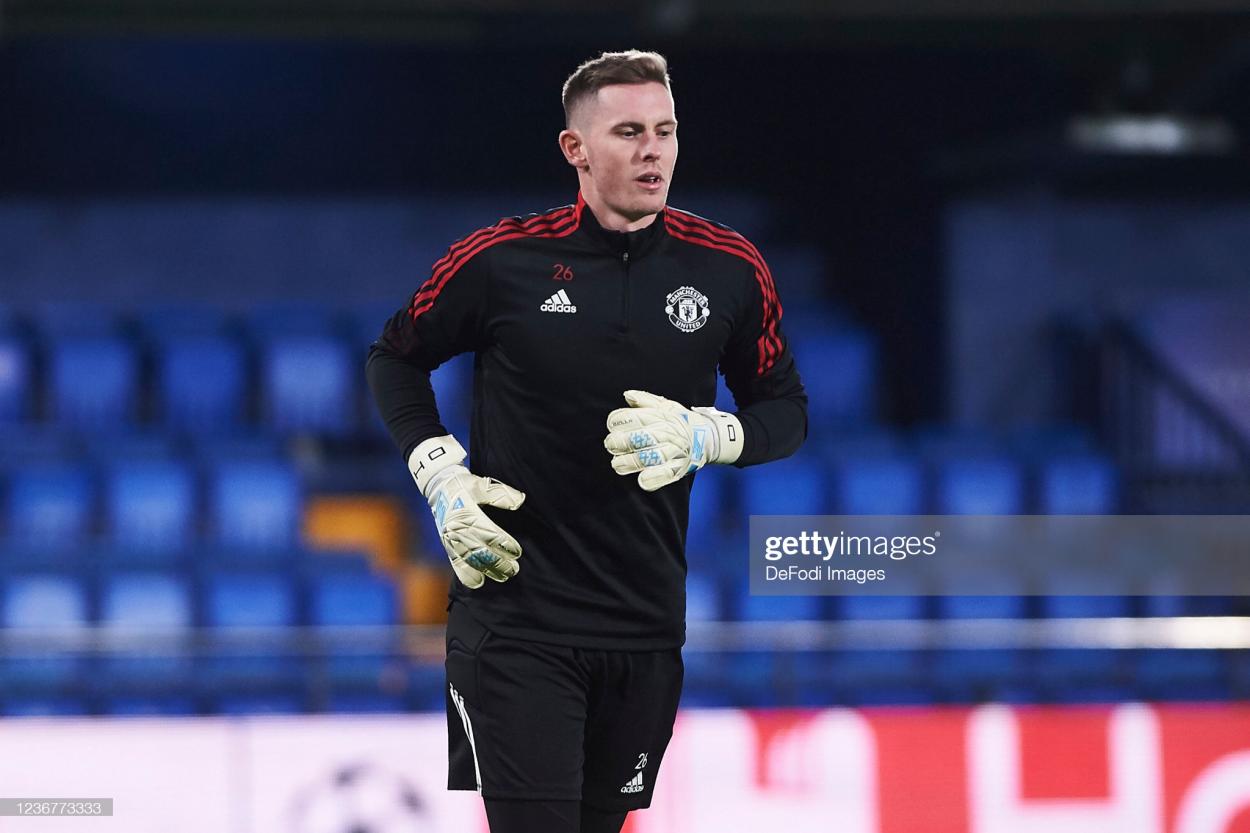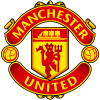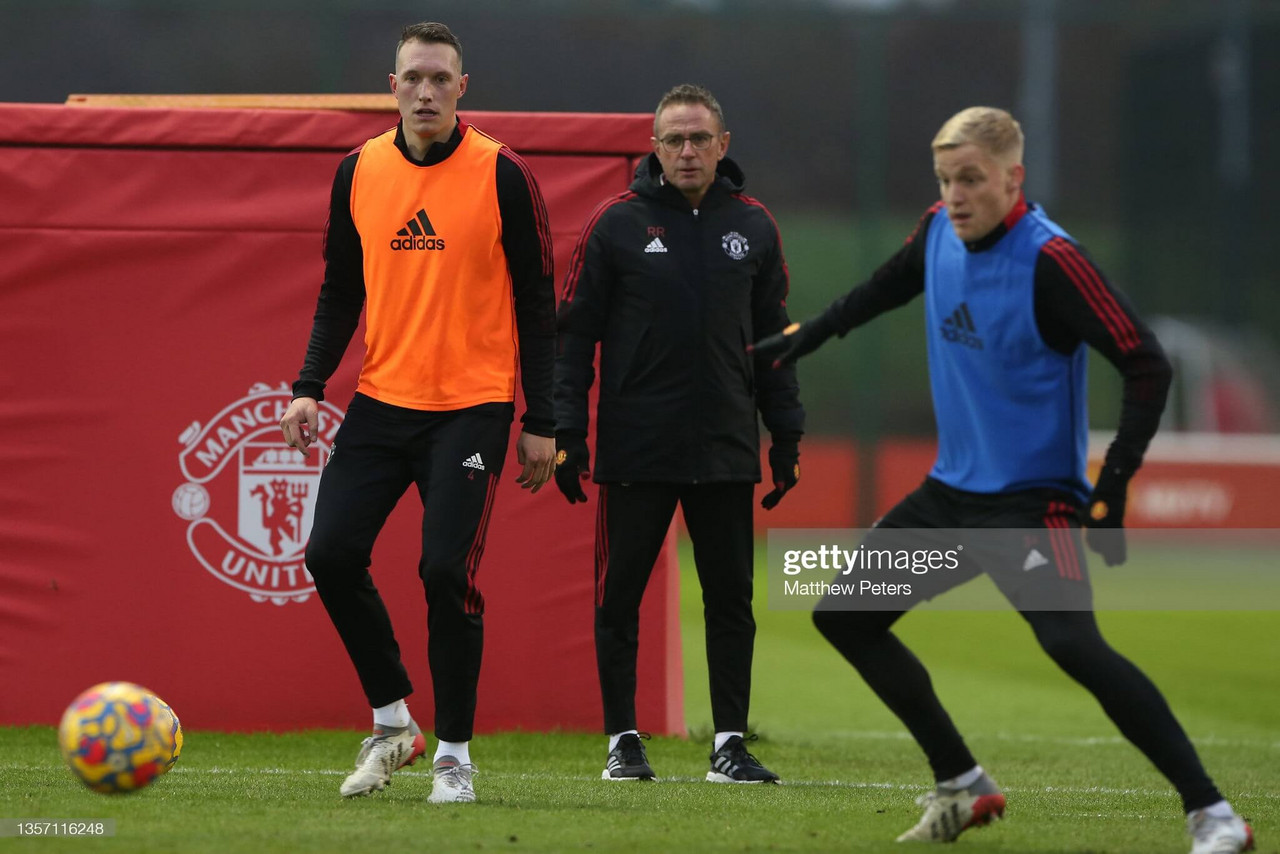To the naked eye, perhaps, there is little for Manchester United to gain from Wednesday’s Champions League game with Young Boys Bern, but not according to Ralf Rangnick.
The interim manager’s second match in charge is essentially a dead-rubber as United have already progressed as group F winners and although the Swiss side can still achieve qualification for the Europa League knockouts, it is out of their hands.
However, this game is the latest stage in Rangnick putting his imprint on United. He will rotate the team for this fixture, partly because of United’s “crowded” upcoming match schedule in which they will play eight games in the space of the next four weeks. Yet, swapping players will also prove useful in Rangnick’s assessment of his new charges.
“It definitely makes sense that we will rest a few players due to the crowded fixture list over the next few weeks and months,” Rangnick said. “We need to make sure that we have as many recovered players as possible, also for the Premier League.
“Everybody has the chance to perform and present themselves. I am happy to give game time to quite a few of them tomorrow. It is a perfect opportunity to get to know the players.

“On the other hand of course we need to keep the positive momentum and our ethos is to win games, we may even be playing with a few new players or fresh players, it’s still important that we win the game.
Dean Henderson and Donny van de Beek, for instance, will both start and be given the chance to demonstrate their worth to Rangnick. Henderson has been linked with a loan move away in January as the “ambitious” goalkeeper is keen to be starting games regularly. Meanwhile, Nemanja Matic will captain the team against Young Boys.
'Having sports psychologist is logical'
Small steps is how Rangnick envisages the expectant process throughout the next six months as he tries to develop United both on and off the pitch. There were already signs of his work during Sunday’s win over Crystal Palace in which players pressed as a more cohesive unit and energy levels appeared higher.
”We can still improve, in possession, we can create more chances, we can play more vertical,” he said. ”Success can only be achieved with development, by developing the team. If you win games it is the best tool to gain confidence. In the last four games, the team won three, so we need to maintain the momentum. The players have to buy-in. I need to get into their heart, their brains, their blood, whatever. The first steps have been taken.”
More steps will be taken when Chris Armas, the former New York Red Bulls and Toronto FC manager, joins United as assistant coach in the coming days. But most crucially, perhaps, will be the arrival of Sascha Lense as a hands-on sport psychologist to ensure the group “think in the right way”.
“In Germany in the last couple of years, most clubs have employed a sports psychologist or mental coach, whatever you would like to call them,” Rangnick said. “For me, it is absolutely logical. I even had somebody like this, Hans-Dieter Hermann, the current sport psychologist of the German national team, back in 1998 in Ulm. We were probably the first club in Germany who had ever employed a sport psychologist.”

That United are only now implementing such measures that a German third division team were doing it in the late 1980s hardly puts them in the most progressive of lights. Yet, that is what Rangnick has been brought in for: to spruce United up in all areas.
“For me, it’s only a question of logic,” he said. “I mean, if you have special coaches for goalkeeping, physical education, even for strikers, fitness, whatever, you also should have an expert for the brain.
“Not so much to put them on the red sofa and holding hands for the players because most of them won’t do that anyway. For me, it’s about helping the players, the brain should assist the body and not work against it. This is what it’s about. That the players and even the coaching staff, everybody in our team, should think in the right way.”










































